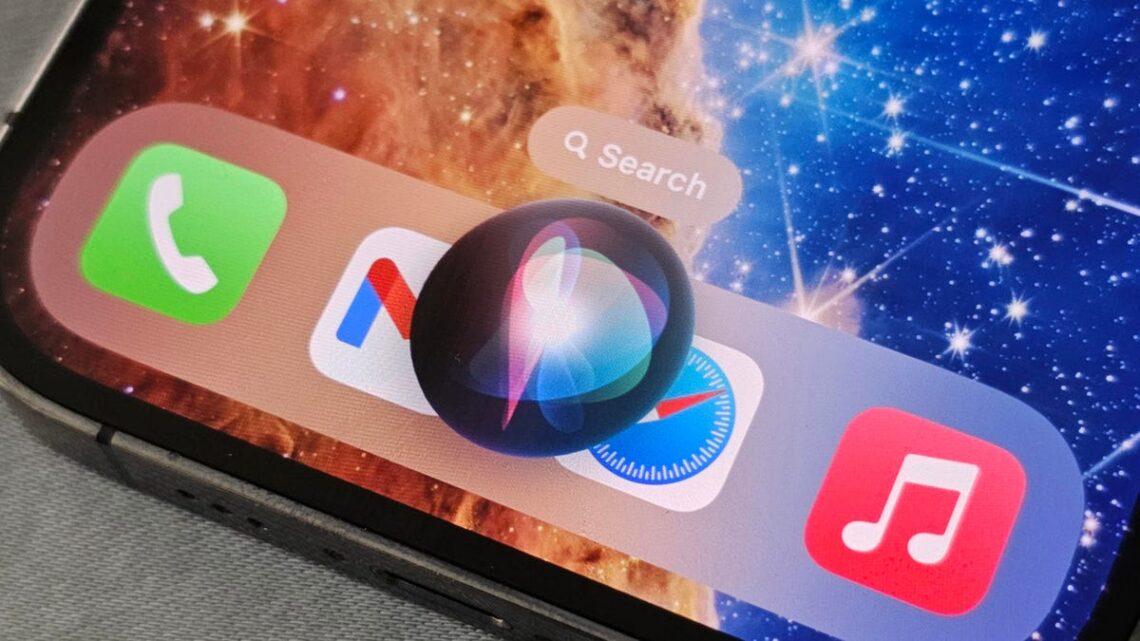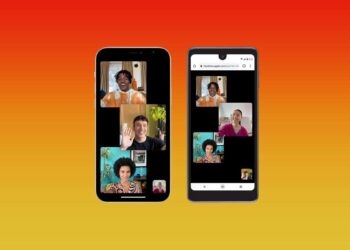We already live in a world where virtual assistants can engage in a seamless (and even flirtatious) conversation with people. But Apple’s virtual assistant, Siri, struggles with some of the basics.
For example, I asked Siri when the Olympics would take place this year, and it quickly spat out the correct dates for the summer games. When I followed that up with “Add it to my calendar,” the virtual assistant responded imperfectly with “What should I call it?” The answer to that question would be obvious to us humans. Apple’s virtual assistant was lost. Even when I responded, “Olympics,” Siri replied, “When should I schedule it for?”
Siri tends to falter since it lacks contextual awareness, which limits its ability to follow a conversation like a human can. That could change as early as June 10, the first day of Apple’s annual Worldwide Developers Conference. The iPhone maker is expected to unveil major updates with its upcoming mobile operating system, likely to be called iOS 18, with significant changes reportedly in store for Siri.
Apple’s virtual assistant made waves when it debuted with the iPhone 4S back in 2011. For the first time, people could talk to their phones and receive a humanlike response. Some Android phones offered basic voice search and voice actions before Siri, but those were more command-based and widely considered to be less intuitive.
Siri represented a leap forward in voice-based interaction and laid the groundwork for subsequent voice assistants, such as Amazon’s Alexa, Google’s Assistant and even OpenAI’s ChatGPT and Google’s Gemini chatbots.
Move over Siri, multimodal assistants are here
Though Siri impressed people with its voice-based experience in 2011, its capabilities are seen by some as lagging behind those of its peers. Alexa and Google Assistant are adept at understanding and answering questions, and both have expanded into smart homes in different ways than Siri has. It just seems that Siri hasn’t lived up to its full potential,…
Read the full article here






